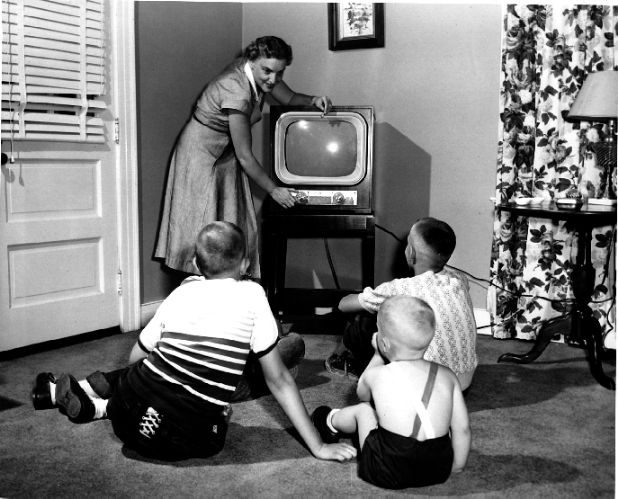Netflix, Hulu and other streaming services gain ground while defenders say broadcast offers best advertising reach
WASHINGTON – Are we witnessing the death of the familiar form of television that we’ve all grown up with? Some would argue the contrary, but signs point to yes.
It has been a good week (month, year, years) for the Internet streaming service Netflix. The company’s stock has skyrocketed by 3.7% to $671 a share, valuing the company at $28 billion, just slightly less than the value of CBS.
The stock rise comes as the company, which began as a way to rent DVDs through the mail, has announced a series of bold new plans and policies.
Netflix, which is currently available in 77 nations and territories including the majority of the Western Hemisphere, will soon be rolling out new services in Spain, Portugal and Italy.
In addition to this planned expansion, Netflix and hospitality giant Marriott have announced a first of its kind partnership that will enable select Marriott hotels to offer guests direct access to their Netflix account via their rooms’ TV set.
All of this is bad news for cable broadcasters as Sanford C. Bernstein analyst Todd Juenger recently pointed out: “We believe the U.S. television industry is entering a period of prolonged structural decline, caused by a migration of viewers from ad-supported platforms to non-ad-supported or less-ad-supported platforms.”
Viewership has fallen in the third and fourth quarters for cable TV, while viewership for Netflix and its compatriot services, Amazon and Hulu, has risen.
HBO, a network born as a premium platform to compete against the big three broadcasters, has demonstrated its forward-leaning flexibility by launching its own streaming service.
The fall in viewership comes on the heels of a customer satisfaction survey, which shows subscriber TV companies such as Comcast and Time Warner Cable ranked last in the American Customer Satisfaction Index. Comcast was down by 10% and Time Warner had fallen by 9%.
Despite cable’s obvious decline, a Marketshare study published in Ad Week suggests that television is still the most effective medium for advertising. The study, which was conducted in partnership with Turner Broadcasting and Horizon Media, showed that “TV has maintained its effectiveness at driving advertiser KPI over the last five years. In a study using data from a luxury automaker, TV was the only medium to maintain its effectiveness (a 1.5% decrease in five years) while the other advertising media – both online and offline – declined more than 10%.”
Howard Shimmel, chief research officer at Turner Broadcasting, was quoted as saying, “We’re not saying that digital is bad, but digital just can’t make up the reach that TV delivers. And digital, used in a way that’s complementary to TV, is a more effective strategy.”
Shimmel went on to note, “Five years ago, Netflix wasn’t a streaming service, really. You didn’t have things like Roku, and you didn’t have smart-TV penetration, and you didn’t have tablets at this penetration. So, the fact that TV has held its own under years of such dramatic change, was surprising but obviously very pleasing for us.”
Netflix, for its part, is examining new ways to capitalize on its expanded reach. According to the Daily Mail, the company is ordering more original content aimed at children and other demographics, and examining the notion of putting trailers at the beginning of its streams.
Netflix insists it has no plans for third-party advertising and would be showing trailers for its own content. Nevertheless, Netflix competitor Hulu has for years successfully combined third-party advertising with subscription leaving the possibility of ads coming to a Netflix screen sometime soon.

